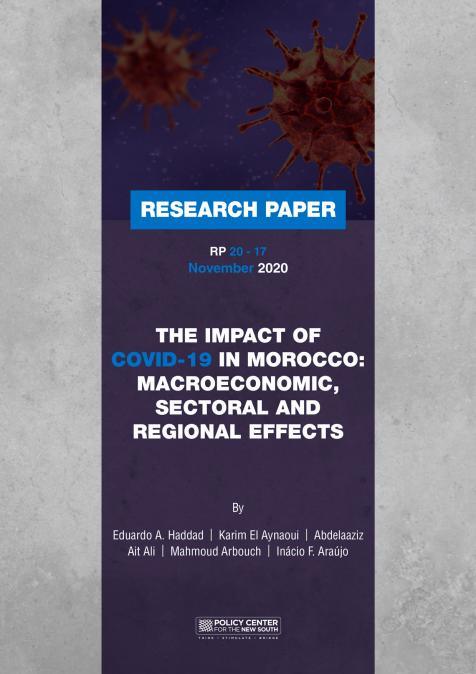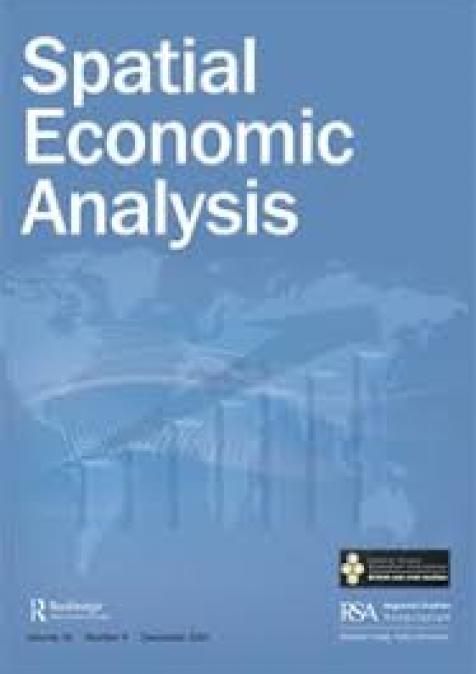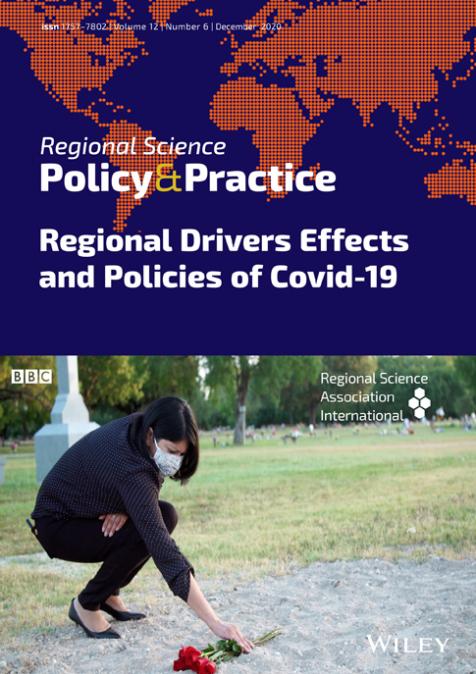Since its emergence, the new coronavirus has continued to bring many uncertainties, whether in terms of health aspects, policy measures or social and economic consequences. If there is, however, one certainty in this Covid-19 era, it is that the pandemic is a turning point in human history; only that exposure of different groups is far from uniform. In the field of demography, the pandemic has caused the death of more than 4.5 million people (the elderly being the most exposed) and has had an impact on births (the number of births in 2020 is estimated to be the lowest since 1961, when China experienced a massive famine) and is expected to have an impact on the cross-border movement of people (many migrant workers have not been able to travel, and many will opt to migrate in order to improve their living conditions). Covid-19 may also have an impact on life expectancy, particularly if more contagious and possibly more lethal variants of the coronavirus emerge. In this context, the following questions emerge: What concerns do we have about the demographic changes potentially brought about by Covid-19? Will the measures taken by countries today be sufficient to cope with such demographic changes How can countries in the Atlantic Basin effectively pursue mitigation and adaptation policies to deal with the unintended consequences of Covid-19 on migratory movements?













